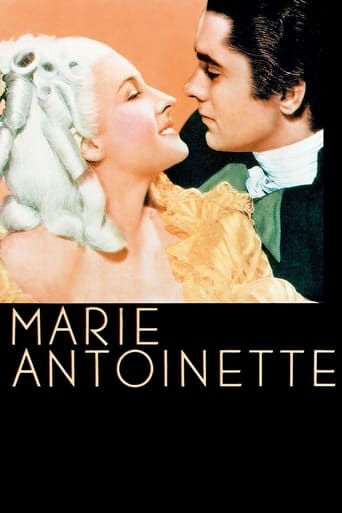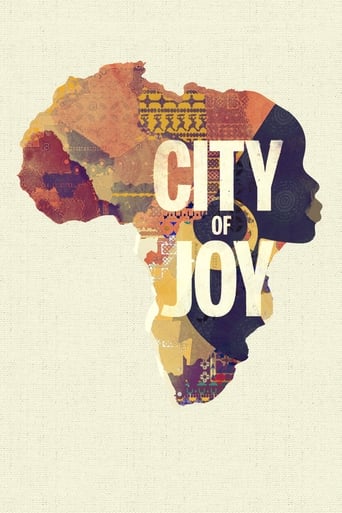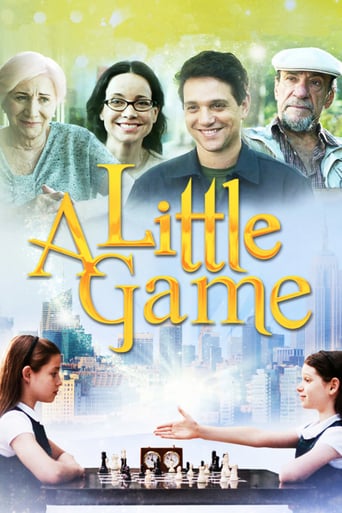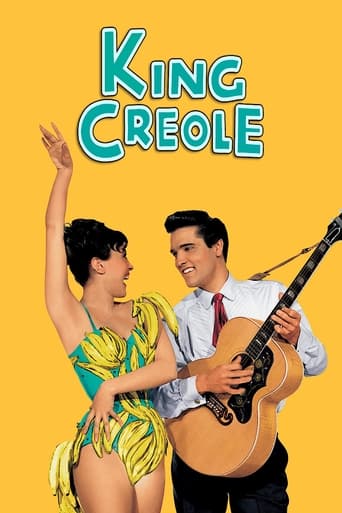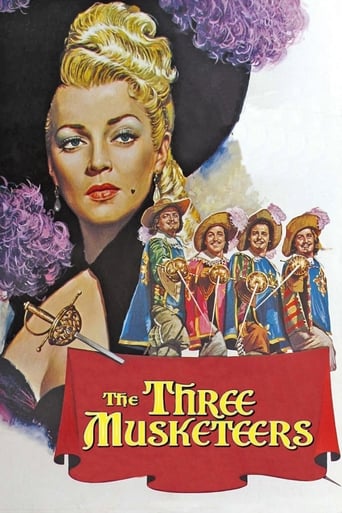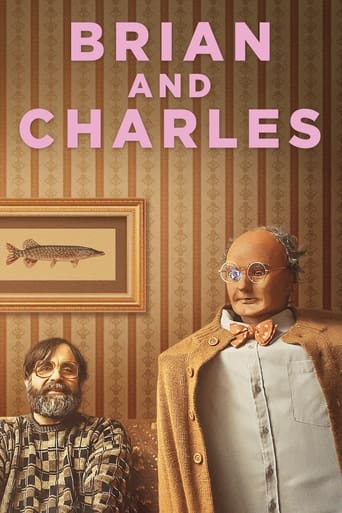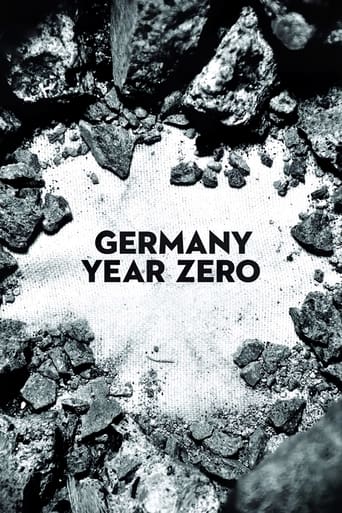


Germany, Year Zero
In the ruins of post-WWII Berlin, a twelve-year-old boy is left to his own devices in order to help provide for his family.
-
- Cast:
- Ernst Pittschau , Franz-Otto Krüger , Erich Gühne , Jo Herbst , Karl Krüger , Franz von Treuberg


Similar titles
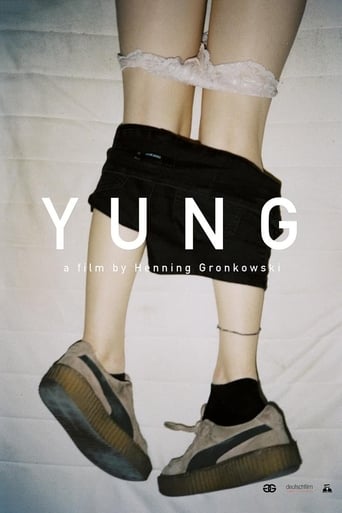



Reviews
Crappy film
Entertaining from beginning to end, it maintains the spirit of the franchise while establishing it's own seal with a fun cast
Yo, there's no way for me to review this film without saying, take your *insert ethnicity + "ass" here* to see this film,like now. You have to see it in order to know what you're really messing with.
Excellent characters with emotional depth. My wife, daughter and granddaughter all enjoyed it...and me, too! Very good movie! You won't be disappointed.
Germany, Year Zero is the third installment in famed director Roberto Rossellini's war trilogy which began with Rome Open City, followed by Paisan. While the first two films were set in Italy, Rossellini filmed this one in bombed out Berlin and cast largely local, non-professional actors giving the narrative a heady verisimilitude. When they began shooting, the screenplay consisted of only 15 pages; eventually, through improvisation, Rossellini completed the film in a very compact 1 hour and 15 minutes.Rossellini cast Edmund Meschke, an 11 year old acrobat from the circus, to play the part of his protagonist, Edmund Kohler. Meschke bore a striking resemblance to Rossellini's recently deceased son, Romano. Rossellini's story reflects what was going on in Germany after World War II. It's not a pretty picture with multiple families assigned by the Housing Authority to live in cramped tenements. The black market is thriving and everyone is desperate to purchase small items that might make their life slightly more comfortable. Rossellini illustrates this when he depicts the owner of Edmund's apartment building, Mr. Rademacher, instructing Edmund to sell a scale for cash. But Edmund is ripped off by a man on the street who trades the naïve boy a couple of unappetizing cans of low grade meat instead.Edmund and the men in his family bear the scars of Germany's defeat. Edmund's father, Mr. Kohler, a veteran of World War I, is now bedridden and bemoans the fact that he's become a burden to the family. Mr. Kohler concedes that he knew the Nazis were bad as they rose to power, but like others of his generation, did nothing out of fear or indifference. Worse is Edmund's older brother, Karl-Heinz, who fears he might be arrested as a war criminal since he fought in the Army to the bitter end. Failing to register with the authorities leaves the brother without a ration card, placing an additional burden on the family. Eva, the older sister, at least refuses to become a prostitute but scrounges for cigarettes by going out with American soldiers.Rossellini does very well in depicting the spectre of Nazism still hovering over a defeated Germany like a plague that never goes away. At one point a construction worker utters on the street that we were once "proud National Socialists" but now we're "just Nazis." When Edmund runs into his former teacher, Henning, who is still a disciple of Hitler, it also becomes apparent that the man is a pedophile who has young Edmund in his sights. The now hardened Edmund takes Henning's admonitions to sacrifice the weak so that the strong can survive literally.For Rossellini, the Hitler Youth is alive and well, as Edmund decides to poison his father--who indicates he would like to commit suicide but does not have the courage to do so. After his father dies, Edmund returns to Henning who claims he never told the boy to kill his father and now wants nothing to do with him as he fears he might be implicated by the authorities for egging the boy on.Rossellini's denouement unfortunately is weak. He has Edmund jump off a building as he watches the hearse pick up his father's body across the street. Edmund becomes a symbol of the Nazi legacy and his "sacrifice" represents punishment for the German people in general—it is the "sins of the fathers" that corrupt a mere child who is unable to reconcile the hatred imprinted upon him with the contrasting true feelings of love for his own father.There is also the question whether Edmund, who appears to have accepted the Nazi philosophy (even at such a precocious age), would actually go ahead and kill himself. It might have been more interesting if the boy rejoined his family for the funeral and acted as if nothing happened. Instead of growing up haunted by nightmares, he could have easily morphed into a psychopath, committing crimes in the new Federal Republic of West Germany or its more sinister counterpart in the East.
Berlin the immediate aftermath of World War II. (Kids, that would be about 1947.) The city is a wreck, with only the essentials of life available. Food is difficult to come by. Bits of clothing are valuable. Rosselini follows the fortunes of one family living in an apartment that makes even mine look good.Papa is sick in bed, suffering from malnutrition and devitaminosis. He's not filled with despair exactly but there are times when he wishes himself to be out of the way. It's a family of four but they are trying to survive on only three ration cards because his older son, who fought the war to its bitter end, is afraid to turn himself in, despite reassurances from others that he won't be punished by the Allied occupation authorities. He's in his 20s and he's bitter as hell about it all. There is a blond daughter too, and she takes care of Papa when she's not out banging soldiers for a few cigarettes.But the story centers about Edmund, the younger son, who is about twelve years old. He's just at that age at which people begin to form a more enduring pictures of themselves but his particular self image has a multitude of lacunae. He absorbs what values and ideas he can from his family but they're all screwed up by poverty.Then, among his Dickensian adventures, Edmund runs into his former teacher, who does him little favors and caresses his cheek lasciviously. Herr Professor seems to have a thing going with a stern, authoritarian figure who apparently has a thing going with several young boys.The teacher is not merely a pimp but a philosopher and as he guides Edmund around through the streets that have only recently been cleared of broken granite, he begins to spout a kind of Social Darwinism, as much to himself as to Edmund, and without passion or even much conviction. You know, the weak must die and get out of the way for the strong; the survival of the fittest; dog eat dog; it's a zero sum game.Edmund, though, is a kid and he takes this bushwa seriously because he doesn't know the difference between philosophy and everyday life. Shakespeare, for what it's worth, new the difference. In "The Merry Wives of Windsor," he has Falstaff remark sarcastically, "There never was philosopher could bear the toothache patiently." But Edmund is too young to know. So he goes home, poisons Papa, and the old man dies. No one knows what Edmund did, so he's taken aback by all the grief shown by the family and the neighbors. Not that the sadness of Papa's passing prevents the neighbors from speculating about what will be done with Papa's shoes.There is also the problem of the body. What do you do with a corpse when you don't have money for a casket, let alone a funeral? You can't just let it lie there. (For me, the most horrifying episode on "Crime and Punishment" was when a man dies in Raskolnikov's apartment house and, the family having no money, the body deteriorates and causes a smell.) The neighbors haul the body out onto the balcony and leave the family to deal with it.I wonder if, in a way, the story of Edmund's development is not meant as a summary of the evolution of Germany before, during, and after the war. He begins as a naif. Then, under the tutelage of a reckless and unthinking lunatic, he embraces a dangerous philosophy. And then he suffers the same fate as his nation.
a story of war. ruins. poverty. angry. black market. ruins. and a boy. the story of Edmund is gray and not complicated. support for his family, victim of time, instrument of a teacher, piece in a blind struggle, without any sense of existence, part of confuse vision about values, it is , in same measure, victim and butcher. his butcher. the film is like a knife edge. cold,precise, impersonal. a city and its people. crumbs of war and slices of hate. seeds of a new world. and a lot of problems. a testimony. a picture. a neo-realistic movie. a verdict in which Rosellini includes pieces of lost universe. a manifesto, a silence moment, a trip in womb of a present past. because Berlin, this Berlin, is, in same measure Sarajevo of 1995 or Belgrad of 1999, a town from Rwanda or a place from Irak in 2003.
This movie is a masterpiece. Some other movie critics may tell you better what is neo-realism and such things. I will not do it, instead I will tell you why I liked so much this movie.In the beginning of the movie, the voice of Rosselini says: Something must be done to change what these German kids think of life, or else they will love nobody. The kid (main character) has only seen terror and misery his whole life. Before the end of the war, his father tried to take his name of the Führer youth, but the kid betrayed his father saying that the document was false. He did it because all the society, including his teacher (Herr Enning) was pro-nazism.The housekeeper, Herr Kanengaard says that it would be better the kid's father die, because he is sick. The father says he should die, because he is sick and tired of being a obstacle in their lives. Finally the teacher says that it would be better if the father died, and starts preaching the same concepts that made nazism kill millions of people during the war. That the young and health should eliminate the old and worthless. The stronger must subdue the weaker, that's how nature works. Then the kid poisons his own father. That's what I found genial in the movie, Rosselini shows the perversity of nazism, even after the war, without any cannon or bullet fired, without showing any concentration camp.Later Edmund shows to be just a child, running and playing, and he did only what he was told to do, but now the teacher said he is a monster. He keeps playing and fooling around, but then when he realizes the suffering he would have the burden of his life would be too heavy to carry, he kills himself. That's the time when I shivered and cried.

